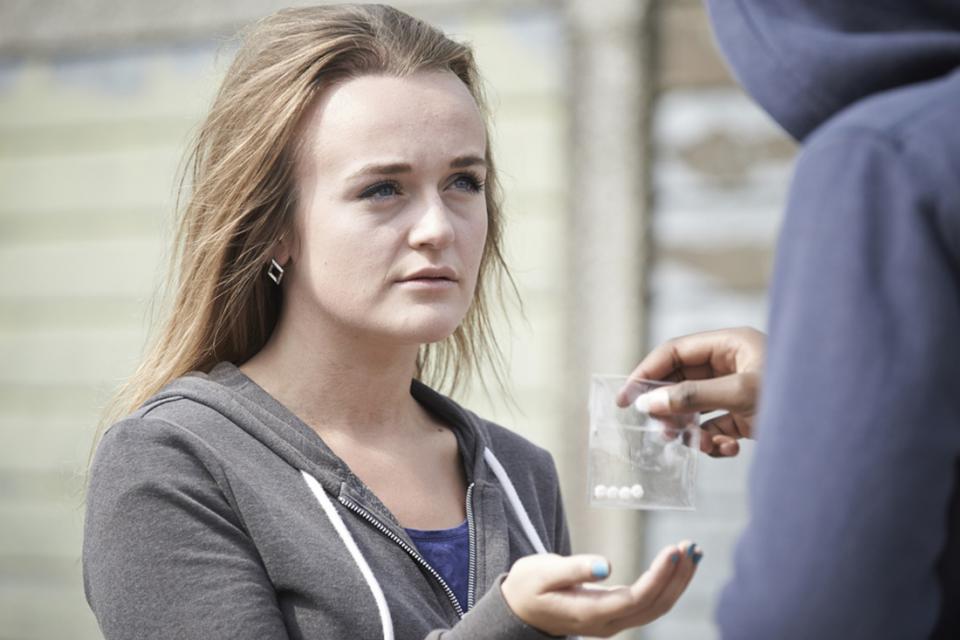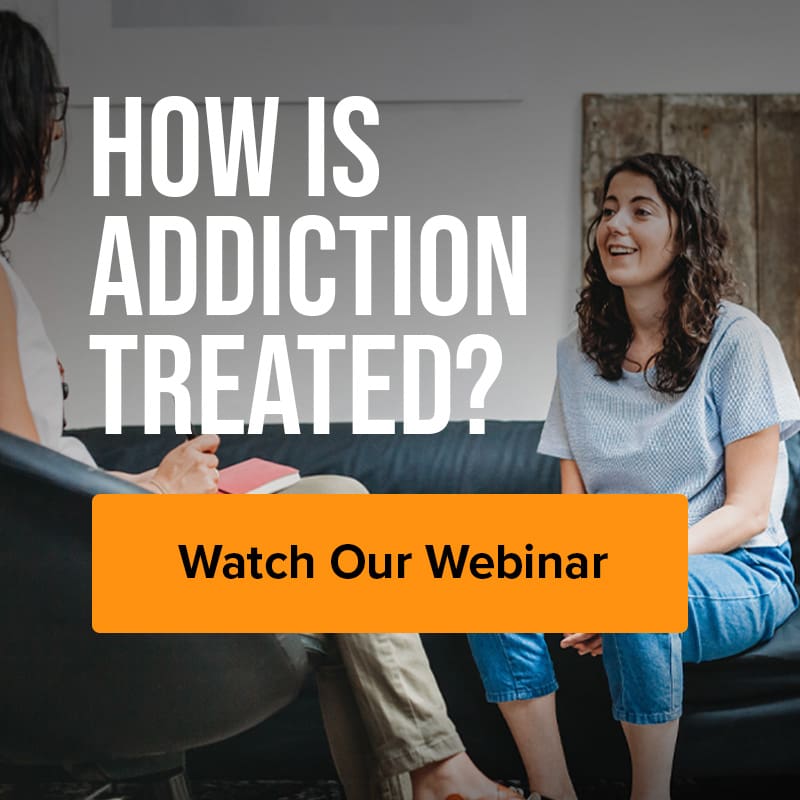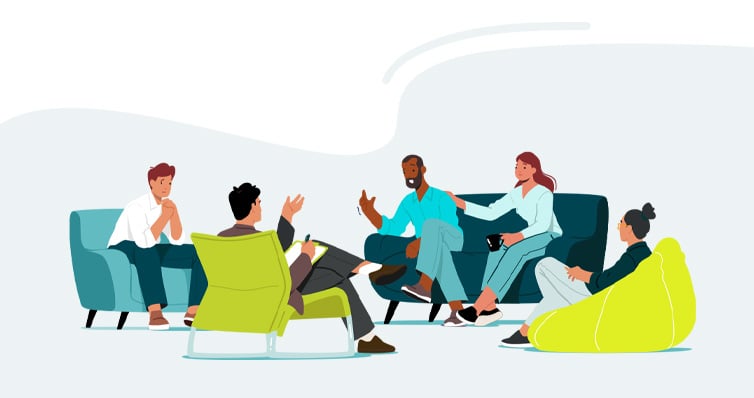Being a parent can be very demanding already without having to deal with a teenager struggling with addiction. With everything that is happening in the world today, the last thing you’d want for your child is to have to deal with problems related to substance abuse. There’s a variety of reasons why your child might find him/herself addicted and the problem only becomes worse the more time that goes by without the issue being noticed. Keep an eye open for signs, they are there. If you don’t know them, read about it or seek help from those around you.
Keep in mind that if your teenager uses drugs or alcohol once in a while that wouldn’t make them an addict. Just like the occasional glass of wine for dinner doesn’t make you an alcoholic. But if you believe that they can’t go days without using, then there’s a problem that needs to be dealt with.
Don’t play the blame game.
It is highly suggested that you don’t start a conversation built on reproaches, it will only make your child close up and it will be even more difficult to get crucial information about the dependence. Take a step back, breathe and talk calmly while asking questions in a kind manner. Your child will feel threatened and attacked because they know they have done something wrong. Experts advise talking to someone outside of the family, who is not emotionally invested and can be a neutral party.
Additionally a counsellor will help you to feel that you aren’t alone in facing this type of situation, other parents deal with the same problems as you and can help with past and current experiences.
Establish communication through trust.
It can be difficult to find the right time to be heard, but approach the situation with affection and attention. Your child needs to know that you are only trying to help them out of love and concern for their health. Don’t hesitate to read about the subject or seek professional help before getting into a strong debate you may not have the answers for.
If you have a family doctor who has regular follow-ups with your child, you can ask them if they have seen any changes, the urgency of the situation and perhaps what kind of drugs they’ve been using. If your child doesn’t have a family doctor, you can seek help from a psychologist, or a therapist outside of the family and friend circle that will be able to provide moral support.
Educate yourself about the signs of a child with addiction.
Make sure any unusual behaviour in your child doesn’t go unnoticed. You know your child better than anyone, not the school, not your neighbours or the school counsellor. If you aren’t sure whether something is a sign of addiction, do a drug test. Of course your child won’t like the lack of trust, after all if they are using, they will lie to you about doing so. But it can be one of the easiest ways to know if there is a potential problem.
Beware of potential abuse signs from their surroundings.
One of the common signs of a child with addiction is the circle around them or their being abused. You should know who your child is surrounded by and make sure that they want to be there. Someone who’s abusing or bullying your child will often be threatening them with harm if they talk about it. It is your role as a parent to know if your child is safe. Negative surroundings can be one of the strongest influencers towards substances. After all, everyone wants to fit in somehow and if it seems that the only way to do that, or be “cool”, is to use drugs and alcohol then they are much more likely to make that choice.
Engage in a conversation, stay firm.
You need to be able to say NO without being scared to show your authority, it is simply an essential educational attitude that a parent has to adopt. Categorically refuse to give your child money until you absolutely know where that money is going. Also knowing what your child is doing in their spare time can really help to understand if the problem is as big as you imagined.
Often, your child will try drugs or alcohol as a way to defy your authority, but through repeated use they end up becoming an addict and that’s when a solution needs to be implemented. Talk to them, ask why this happened, what motivated their decisions, perhaps the problem goes deeper than you are aware. It isn’t always just because some friend said it was cool. Communication is key, as well as knowing how you will approach the situation. As mentioned before, seek professional help if you believe that you don’t have the knowledge to constructively have these conversations. They are trained to help guide you through them.
Remember what you’re doing this for, get the best help you can to make sure your child is in good hands.




